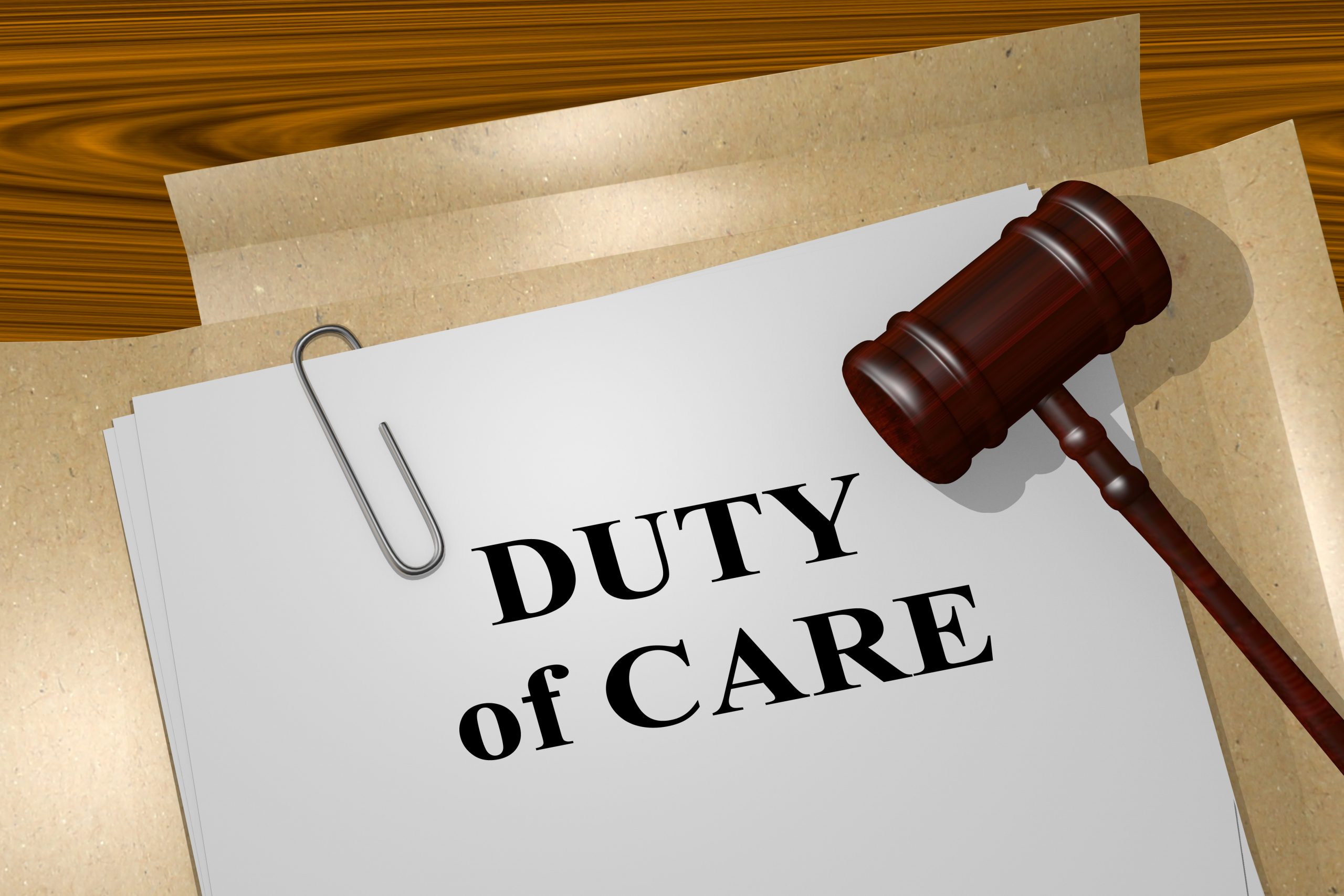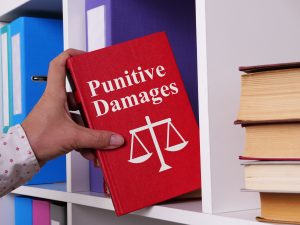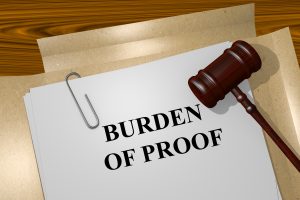Spinal Cord Injury
 The spinal cord is a long, cylindrical pathway that connects your brain to your lower back. It is a delicate structure composed of vertebrae, discs, nerves, and other tissues. A spinal cord injury consists of any damage to a segment of the spinal cord or nerves at the end of the cauda equina. When part of the spine gets damaged, areas of the body below the site might not receive nerve messages and suffer changes in sensation, strength, and other critical body functions. According to the National Spinal Cord Injury Statistical Center (NSCISC), a recent estimate revealed that more than 17,800 victims suffer spinal cord injuries yearly. Approximately 294,000 individuals throughout the country are currently struggling with spinal cord injuries.
The spinal cord is a long, cylindrical pathway that connects your brain to your lower back. It is a delicate structure composed of vertebrae, discs, nerves, and other tissues. A spinal cord injury consists of any damage to a segment of the spinal cord or nerves at the end of the cauda equina. When part of the spine gets damaged, areas of the body below the site might not receive nerve messages and suffer changes in sensation, strength, and other critical body functions. According to the National Spinal Cord Injury Statistical Center (NSCISC), a recent estimate revealed that more than 17,800 victims suffer spinal cord injuries yearly. Approximately 294,000 individuals throughout the country are currently struggling with spinal cord injuries.
Common Causes Of Spinal Cord Injuries
Although almost any personal injury accident can result in spinal cord damage, car accidents are the leading cause. Recent figures from the NSCISC showed that more than 38 percent of all spinal injuries were due to crashes. Some other frequent causes of spinal cord damage include:
 Buffalo Personal Injury Lawyer News
Buffalo Personal Injury Lawyer News


 We have all heard stories about collisions involving motorists driving towards oncoming traffic in the wrong lane. Wrong-way car accidents occur when a car driving in an inappropriate direction strikes another vehicle. Typically, wrong-way car accidents result in head-on collisions. These car crashes occur more often than most people would think and usually bring about devastating injuries and deaths. In a recent 8-year period, nearly 3,900 fatal injuries were caused by wrong-way crashes.
We have all heard stories about collisions involving motorists driving towards oncoming traffic in the wrong lane. Wrong-way car accidents occur when a car driving in an inappropriate direction strikes another vehicle. Typically, wrong-way car accidents result in head-on collisions. These car crashes occur more often than most people would think and usually bring about devastating injuries and deaths. In a recent 8-year period, nearly 3,900 fatal injuries were caused by wrong-way crashes.  Between 1953 and 1987, over one million Marines, military contractors, and their families living or working at Camp Lejeune and Marine Corps Air Station (MCAS) New River may have been exposed to toxic chemicals through water contamination. Military officials were aware of the tainted water as early as the 1950s. Still, they chose to ignore it and even failed to warn those on base. Although multidistrict litigation (MDL) was formed to streamline Camp Lejeune water claims, in 2016, a judge dismissed roughly 850 lawsuits under the Federal Torts Claims Act. Later in 2019, the Secretary of the Navy denied all remaining civil claims, which left approximately 4,500 plaintiffs with claims exceeding $963 billion in damages without compensation.
Between 1953 and 1987, over one million Marines, military contractors, and their families living or working at Camp Lejeune and Marine Corps Air Station (MCAS) New River may have been exposed to toxic chemicals through water contamination. Military officials were aware of the tainted water as early as the 1950s. Still, they chose to ignore it and even failed to warn those on base. Although multidistrict litigation (MDL) was formed to streamline Camp Lejeune water claims, in 2016, a judge dismissed roughly 850 lawsuits under the Federal Torts Claims Act. Later in 2019, the Secretary of the Navy denied all remaining civil claims, which left approximately 4,500 plaintiffs with claims exceeding $963 billion in damages without compensation.  Certain deeds, papers, and writings must be notarized to qualify as evidence of the facts therein contained. To notarize a document, it must be signed and sworn in front of a public official called a notary public. In other words, a notary public serves as an impartial witness to execute acknowledgments on important documents requiring the administration of an oath. The general authority of a notary public is outlined in NY CLS Exec § 135. In New York, notaries must be commissioned by the Secretary of State. To become licensed, applicants must be a resident or have a place of business in New York State, be at least 18 years old, submit a completed application and pay the required fee to the Department of State, and pass the NYS Notary Public Exam. A notary public’s term of commission is four years.
Certain deeds, papers, and writings must be notarized to qualify as evidence of the facts therein contained. To notarize a document, it must be signed and sworn in front of a public official called a notary public. In other words, a notary public serves as an impartial witness to execute acknowledgments on important documents requiring the administration of an oath. The general authority of a notary public is outlined in NY CLS Exec § 135. In New York, notaries must be commissioned by the Secretary of State. To become licensed, applicants must be a resident or have a place of business in New York State, be at least 18 years old, submit a completed application and pay the required fee to the Department of State, and pass the NYS Notary Public Exam. A notary public’s term of commission is four years.  To prove fault in most personal injury lawsuits, a plaintiff must show that the defendant was negligent. Victims have the burden of demonstrating four legal elements to prove negligence. The first element of negligence is the at-fault party’s duty of care. Typically, this is one of the easiest elements to prove because everyone has a basic obligation to avoid unnecessarily injuring others. The duty to act appropriately is relevant in almost every situation and is often assumed by being in another’s vicinity. In other words, you must implement the same degree of caution and consideration that a reasonable person would exercise given the same situation. Someone does not need to assume the duty of care to another party voluntarily. It can be imposed just by being in a specific place at a specific time.
To prove fault in most personal injury lawsuits, a plaintiff must show that the defendant was negligent. Victims have the burden of demonstrating four legal elements to prove negligence. The first element of negligence is the at-fault party’s duty of care. Typically, this is one of the easiest elements to prove because everyone has a basic obligation to avoid unnecessarily injuring others. The duty to act appropriately is relevant in almost every situation and is often assumed by being in another’s vicinity. In other words, you must implement the same degree of caution and consideration that a reasonable person would exercise given the same situation. Someone does not need to assume the duty of care to another party voluntarily. It can be imposed just by being in a specific place at a specific time.  If you have suffered severe injuries in an accident caused by someone else, it only seems fitting that the person or business should be held liable for your losses. Unfortunately, personal injury cases are not always as straightforward as most people think. While the victim has to prove that the other party was negligent, it is not uncommon to see the insurance adjusters or defense lawyers raise defenses. When certain defenses are successfully demonstrated, at-fault individuals may be able to wholly or partially avoid legal responsibility.
If you have suffered severe injuries in an accident caused by someone else, it only seems fitting that the person or business should be held liable for your losses. Unfortunately, personal injury cases are not always as straightforward as most people think. While the victim has to prove that the other party was negligent, it is not uncommon to see the insurance adjusters or defense lawyers raise defenses. When certain defenses are successfully demonstrated, at-fault individuals may be able to wholly or partially avoid legal responsibility. In a personal injury or wrongful death lawsuit, the plaintiff may be eligible to obtain damages for their losses resulting from a defendant’s negligence. These damages are typically compensatory, meaning that they are designed to compensate victims for their actual injuries. Compensatory damages can be economic and non-economic, such as medical expenses, physical therapy costs, lost wages, property damage, pain and suffering, loss of enjoyment, and loss of consortium.
In a personal injury or wrongful death lawsuit, the plaintiff may be eligible to obtain damages for their losses resulting from a defendant’s negligence. These damages are typically compensatory, meaning that they are designed to compensate victims for their actual injuries. Compensatory damages can be economic and non-economic, such as medical expenses, physical therapy costs, lost wages, property damage, pain and suffering, loss of enjoyment, and loss of consortium.  Under New York law, a victim who pursues damages, also known as a plaintiff, has the burden of proof. In other words, the plaintiff must present evidence to establish the legal elements required to prove the particulars of their claim.
Under New York law, a victim who pursues damages, also known as a plaintiff, has the burden of proof. In other words, the plaintiff must present evidence to establish the legal elements required to prove the particulars of their claim.  Being the victim of an accident can be an extremely traumatic event, especially if you have suffered injuries, property damage, or other significant losses. Even seemingly minor accidents can have disastrous repercussions, such as life-long disabilities, permanent disfigurements, complete paralysis, and traumatic brain injuries. Since most accidents are unpredictable and transpire with little to no warning, victims are usually uncertain about their next steps. The last thing any accident victim wants to worry about is filing the proper forms. With a highly experienced personal injury attorney, the legal process after an accident does not have to be overwhelming.
Being the victim of an accident can be an extremely traumatic event, especially if you have suffered injuries, property damage, or other significant losses. Even seemingly minor accidents can have disastrous repercussions, such as life-long disabilities, permanent disfigurements, complete paralysis, and traumatic brain injuries. Since most accidents are unpredictable and transpire with little to no warning, victims are usually uncertain about their next steps. The last thing any accident victim wants to worry about is filing the proper forms. With a highly experienced personal injury attorney, the legal process after an accident does not have to be overwhelming.  Being the victim of an accident resulting from another’s negligence or recklessness can have earth-shattering ramifications. Victims who sustain serious injuries forfeit small fortunes in lost incomes, medical bills, and rehabilitation costs. Not to mention, many suffer from severe physical, psychological, and emotional complications. Obtaining reasonable compensation for your injuries is often the best way to start recovering. After suffering severe accident-related injuries, victims frequently pursue personal injury lawsuits to recoup their losses. One of the main types of compensation that courts award to plaintiffs is called special or economic damages.
Being the victim of an accident resulting from another’s negligence or recklessness can have earth-shattering ramifications. Victims who sustain serious injuries forfeit small fortunes in lost incomes, medical bills, and rehabilitation costs. Not to mention, many suffer from severe physical, psychological, and emotional complications. Obtaining reasonable compensation for your injuries is often the best way to start recovering. After suffering severe accident-related injuries, victims frequently pursue personal injury lawsuits to recoup their losses. One of the main types of compensation that courts award to plaintiffs is called special or economic damages.